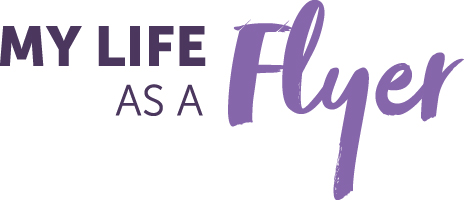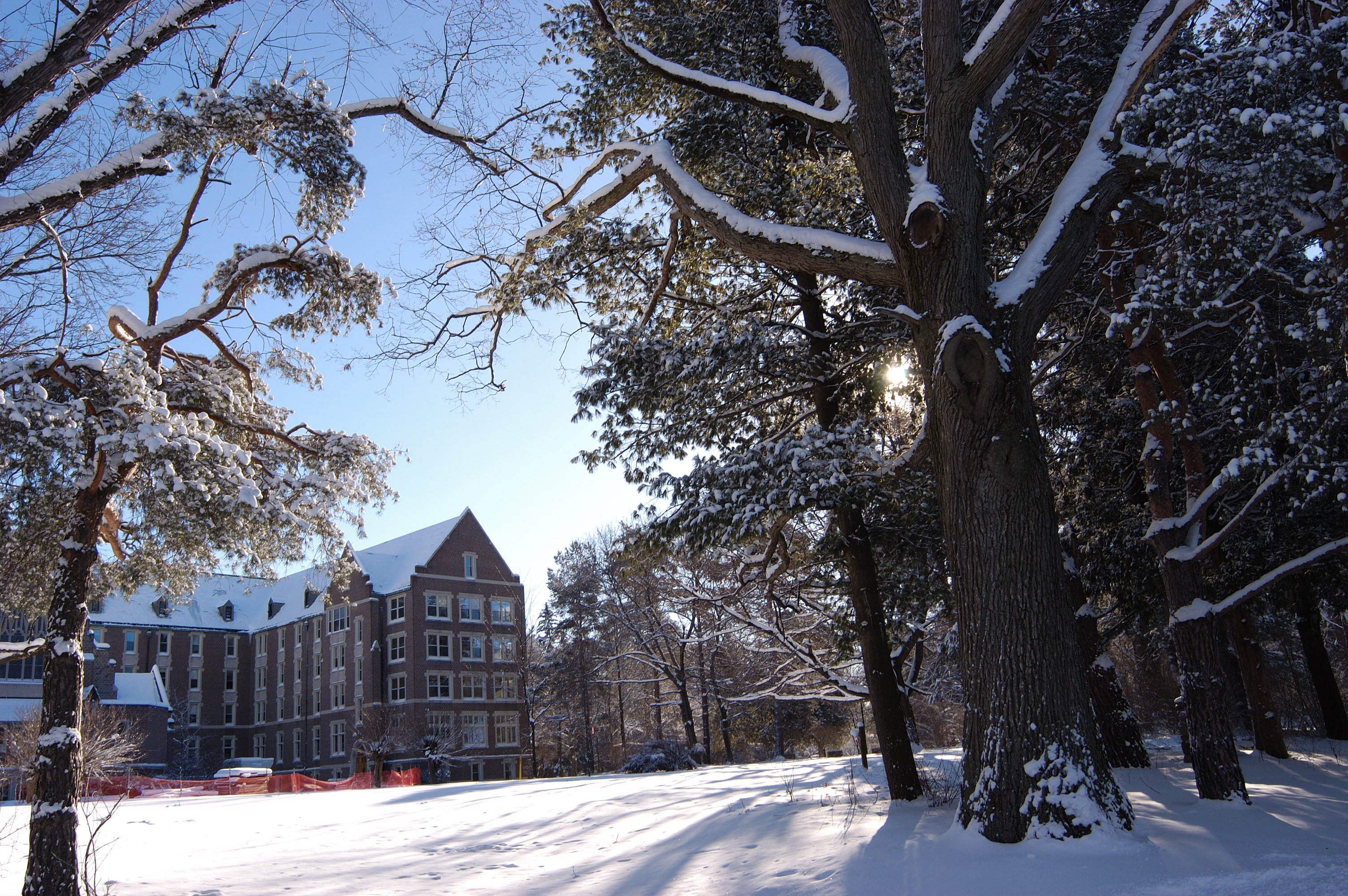By now I’m sure you’ve gathered that college students are busy. So busy, in fact, that the extra three seconds it takes to say a word can be just too long. Naz students seem to have an abbreviation for most elements of daily life on campus, and it can sound a bit like alphabet soup when you’re on campus for the first time. Your tour guide will likely clue you in on what everything means when you visit, but it never hurts to be prepared ahead of time!
GAC – Golisano Academic Center: GAC is one of the five academic buildings on campus that students have classes in. It also houses most, if not all, of the humanities/liberal arts based programs as well as the offices for important campus resources such as The Center For Life’s Work, The Center for Spirituality, The Center for Civic Engagement, Alumni Relations, and the College Marketing and Communication Department, to name a few. You’ll also find the iconic Linehan Chapel inside and the Meditation Garden and Labyrinth out back. For a large number of students at Naz, the question is not if you will have a class in GAC this semester, but how many.
WRI – York Wellness and Rehabilitation Institute: This newly renovated and expanded building is a second home to physical therapy, occupational therapy, and other health and human services based majors. It also happens to serve as a functioning clinic environment that provides valuable learning opportunities for these students, right on campus. Nazareth students get hands on experience at the WRI by offering patient-centered, evidence-based services, supervised by licensed faculty, at low or no cost to members of the community.
The Cab – Cabaret: The sign above it may read “Golden Flyer Grill and Deli,” but, to students, it will always be The Cab. Located in the Shults Center and open late to accommodate the unique schedule of a college student The Cab serves wraps, subs, quesadillas, mozzarella sticks, burgers, fries, the best grilled cheese I have ever had (and I’m a cheese-and-carb combination connoisseur), and so much more! Whatever craving you have while waist deep in homework at at 10:30pm, The Cab has you covered.
Not to be confused with
CAB – Campus Activities Board: This is a group of highly dedicated students who plan a wide variety of events for the student body. One of the biggest is Springfest, a day long celebration of the end of the spring semester before finals with food, games, and a headliner. Last year we had Kel Mitchell, from the show Kenan & Kel, and my freshman year we had the band We the Kings (yes, they played Check Yes Juliet)! On a more frequent basis, we have Pintrest nights, movie nights, game nights, and Grocery Bingo. They also bring in comedians, singer/songwriters, hypnotists, and magicians who’ve been on shows like Last Comic Standing, The Voice, and America’s Got Talent. CAB always has something fun planned!
RA – Resident Assistant: A RA is a student who lives in your residence hall and is there to help you with any problems you may encounter while living on campus. Matt B. does a way better job of breaking down exactly what they do than I ever could in his blog, The RA: An Important Entity.
CAMPO – Campus Safety: In the basement of the Shults Center 24 hours a day to keep students safe, CAMPO always has your back. Locked out of your room and your RA isn’t around? CAMPO. Lost your student ID (or anything else) and need a new one? CAMPO. Having an emergency or need first aid? CAMPO. They also handle issuing and monitoring parking permits, security escort alarms, and Naz alerts about dangerous weather conditions or other emergency situations.
P-EQs – Perspective Enduring Questions: These are the first eight courses of your core curriculum, officially called “The Uncommon Core”. The areas include History, Literature, Math, Philosophy, Religious Studies, Physical Science/Lab, Social Science, and Visual/Performing Arts. Don’t think all of your P-EQ classes are predetermined for you, though! Each area has multiple course choices to pick from, so you’re bound to find something that interests you. Take Physical Science as an example: you can choose from subjects you’ve likely seen before, like Biology or Chemistry, or try something different, like Nutrition or the Science of Sound. In each of these areas you will examine a big question that doesn’t have an easy answer (an “enduring question”) to help expand your understanding of yourself and the world. History may ask you what the key social, political, and intellectual structures that lie at the heart of cultures are, while Religious Studies may ask you what the meaning of life is. At the end of each course you will reflect on your growth and these questions, using what you’ve learned to help answer them for yourself.
IS Cluster – Integrative Studies Cluster: Once you complete your P-EQs, you get to dive deeper into your personal interests by choosing a theme or enduring question of your own and three upper level courses to explore that question with. One of these courses can be from you major but the other two must be from other disciplines. You can choose from pre-packaged clusters, arranged by a general theme, or come up with your own idea.
CME – Core Milestone Experience: Once you have your IS courses figured out, you’ll take this seminar class to tie it all together. Pulling from the knowledge you gained in your three classes, you get to integrate what you’ve learned into a creative project to showcase your enduring question and IS Cluster.





